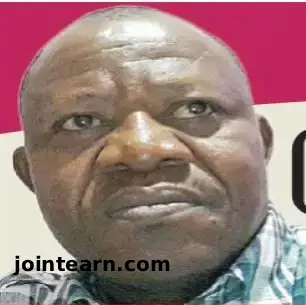
The demolition of Igbo-owned properties in Lagos is not an isolated urban planning issue—it is deeply entwined with decades of political maneuvering. The roots trace back to December 21, 1998, when Senator Bola Tinubu won the Alliance for Democracy (AD) governorship ticket. Favored for his role in the NADECO/Afenifere struggle, Tinubu’s victory sidelined stalwarts like Funsho Williams and Kofoworola Bucknor-Akerele, marking a shift in Lagos politics from Awoist principles to the strategic pragmatism Tinubu inherited from Shehu Yar’Adua’s Peoples Democratic Movement (PDM).
Once governor in 1999, Tinubu began consolidating power, gradually moving Lagos and the South-West away from traditional Afenifere control. This political realignment would later intersect with the interests of the Igbo community in Lagos, a key economic and demographic group. Historically influential in markets like Alaba, Balogun, and Trade Fair, the Igbo were courted for political support but largely remained loyal to the PDP, aligning with presidents like Goodluck Jonathan and candidates like Atiku Abubakar.
Tinubu’s growing political ambitions—including forming the APC and forging alliances across the North-West and South-West—clashed with the Igbo’s interests. By 2023, following Tinubu’s defeat by Peter Obi, Lagos demolitions targeting Igbo properties appeared to reflect a broader attempt to reshape the city’s socio-political and economic landscape.
It is important to note, however, that the demolitions are not exclusively Igbo-focused. Many Yoruba-populated areas, particularly in Oworonshoki and the Lekki-Aja corridor, are also affected. Reports cite 176 estates slated for demolition, hinting at a larger urban redevelopment agenda rather than solely ethnic targeting.
For Lagos’s Igbo residents, these developments underscore the fragility of property security amid political shifts, highlighting that “home is best” in a city where politics and urban planning intersect in complex ways.


Leave a Reply